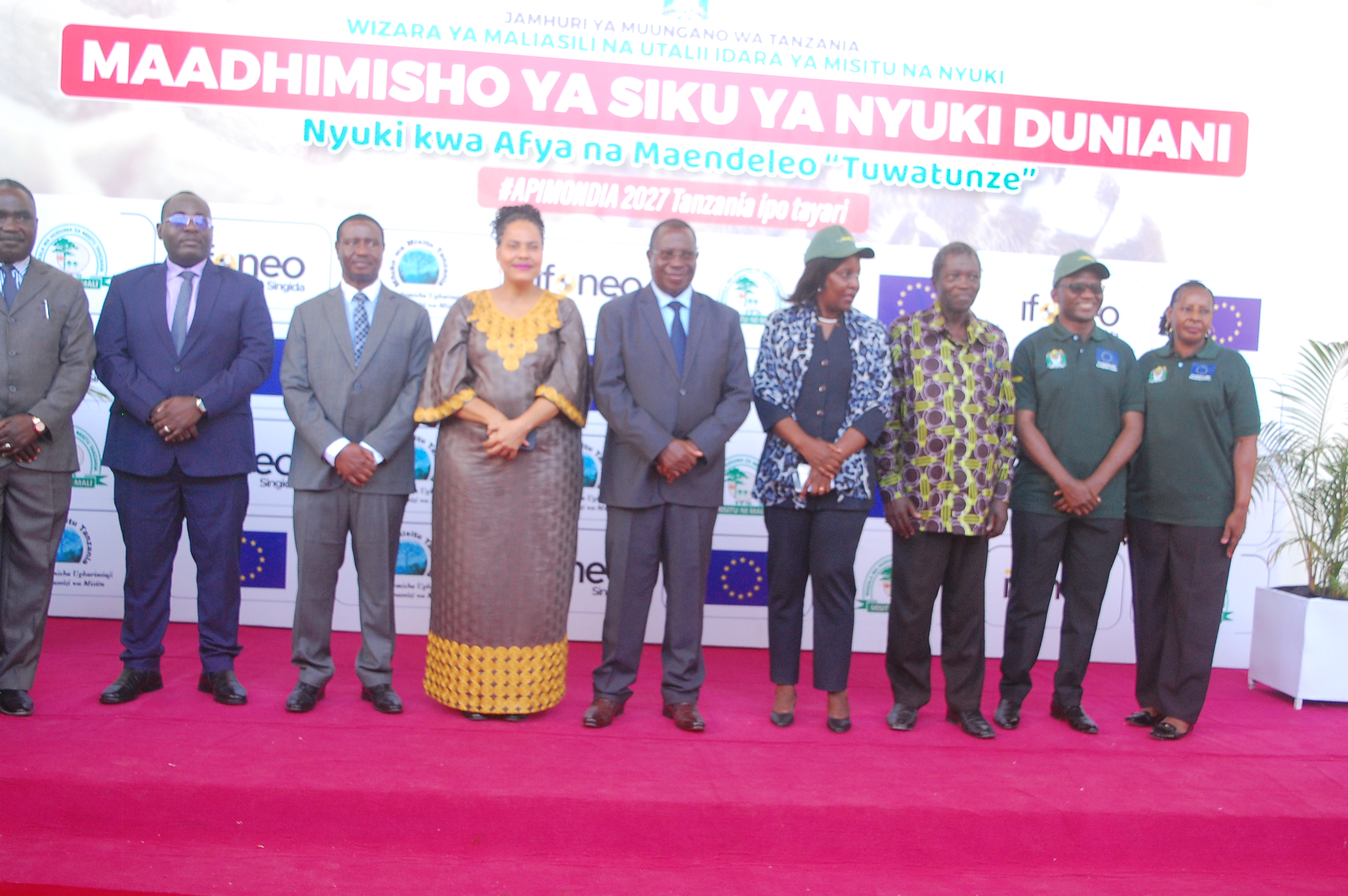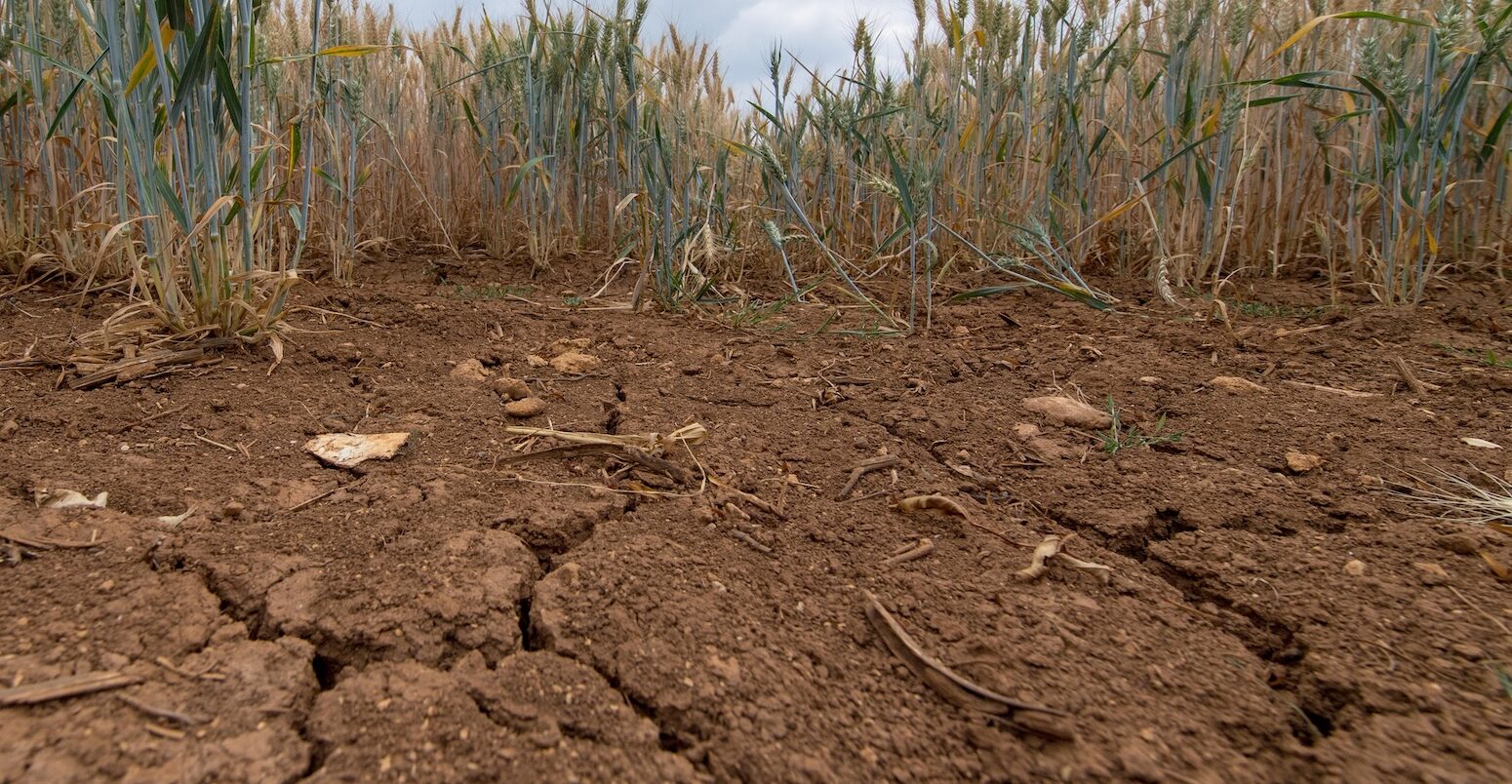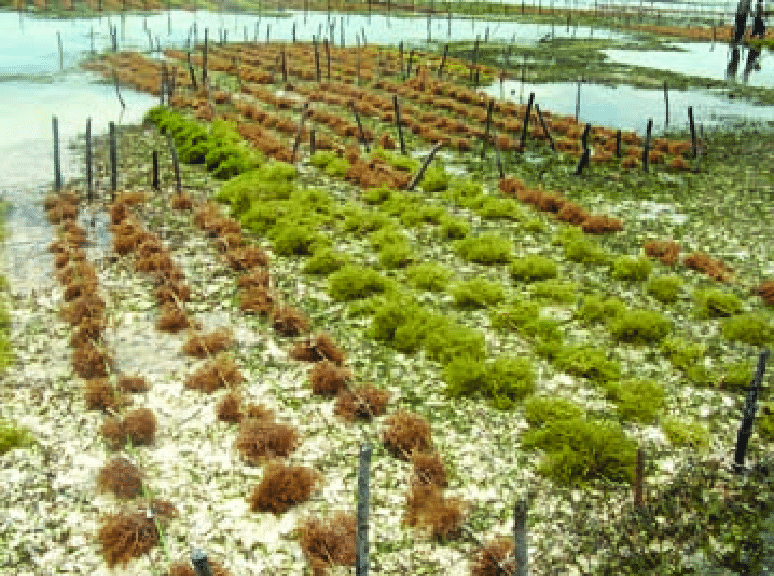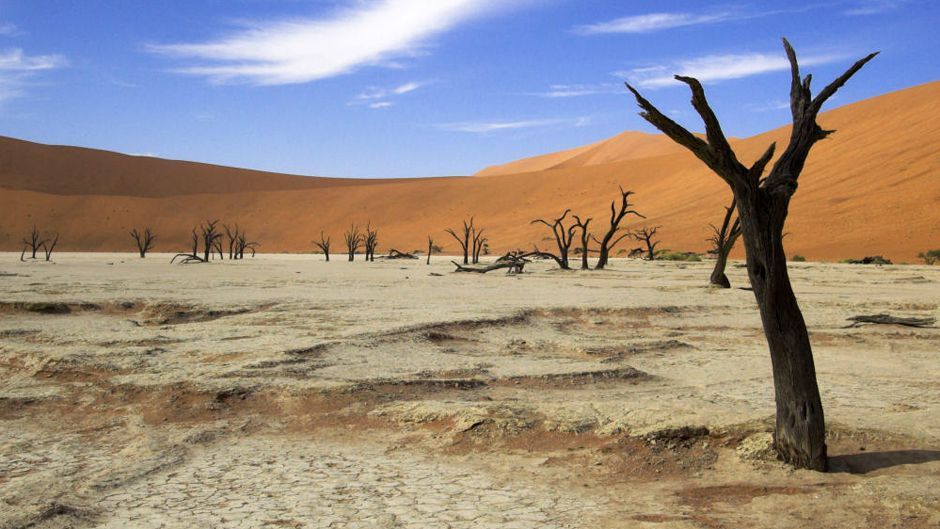Happy Bee Day! Bees are so important to the health of our planet that they have their own special day. The event takes place on 20 May each year, to spread awareness of the significance of bees. Bee campaigners are also asking people everywhere to do more to help and protect the special insects.
World Bee Day 2024: History
World Bee Day was established after Slovenia’s successful proposal to the United Nations in December 2017. May 20 marks the birth anniversary of Anton Jansa, a pioneer of modern beekeeping, born in 1734. With the Slovenian Government and NGO Apimondia’s support, the UN General Assembly adopted this day to honour the significance of bees and other pollinators. The first World Bee Day was celebrated on May 20, 2018.
World Bee Day 2024: Significance
Bees play a vital role in the environment by pollinating plants, supporting agriculture, promoting biodiversity, and also ensuring the survival of many plant species. Beekeeping plays a significant role in providing a livelihood for millions of people across the world. Unfortunately, the bee population is reducing significantly due to factors such as habitat loss, pesticide use, and climate change. World Bee Day highlights the need to protect these essential creatures and promotes sustainable practices to protect their future.
The theme for World Bee Day 2024 is “Bee Engaged with Youth.” The theme highlights that the youth can play in protecting bees and other pollinators.
How is World Bee Day 2024 celebrated?
Every year, World Bee Day is celebrated in different ways to spread awareness and support for bees and beekeeping:
- People visit local beekeepers to learn more about their work and the importance of bees.
- Set up small bee farms in gardens or terraces to support the bee population.
- Dress up like bees in costume and compete in bee-related activities. It spreads awareness through fun competitions and events.
- Support beekeeping charities and organisations that solely focus on bee conservation.
Interesting facts about bees
- Honeybees can fly up to six miles at 15 miles per hour.
- An average bee produces a teaspoon of honey in its lifetime.
- For one kg of honey, bees fly around 90,000 miles and visit around two million flowers.
- Only female bees sting and they die after stinging.
- There are over 20,000 different species of bees in the world except for Antarctica.
- Bees are the only social insects which are partially domesticated by humans.
- A honey bee visits 50 to 100 flowers during a single collection trip.
- Bees don’t have knees, they have jointed legs.
- Bees communicate through dancing.
In Tanzania, World Bee Day is celebrated annually on May 20, 2024, in the capital city, Dodoma, aiming to raise awareness about the importance of bees and other pollinators for sustainable development, biodiversity, and food security. This event often garners attention from various stakeholders in the environmental and agricultural sectors, including retired and current officials who have significantly contributed to these fields. The celebration in Dodoma, Tanzania, saw the attendance of notable figures such as Dr. Felician Kilahama, Dr. Ezekiel Mwakalukwa (currently from the Department of Ecosystems and Conservation), Monica Kagya, and Gladness Mkamba, all of whom have held pivotal roles in the Forestry and Beekeeping Division, Ministry of Natural Resources and Tourism.









